Future Simple Tense A Complete Guide

mukesh juadi
Developer passionate about merging technology and creativity in software, games, websites, and more to create engaging experiences.
Learn how to master the Future Simple Tense with clear explanations, usage examples, and structures. Perfect for expressing future actions, decisions, and predictions!
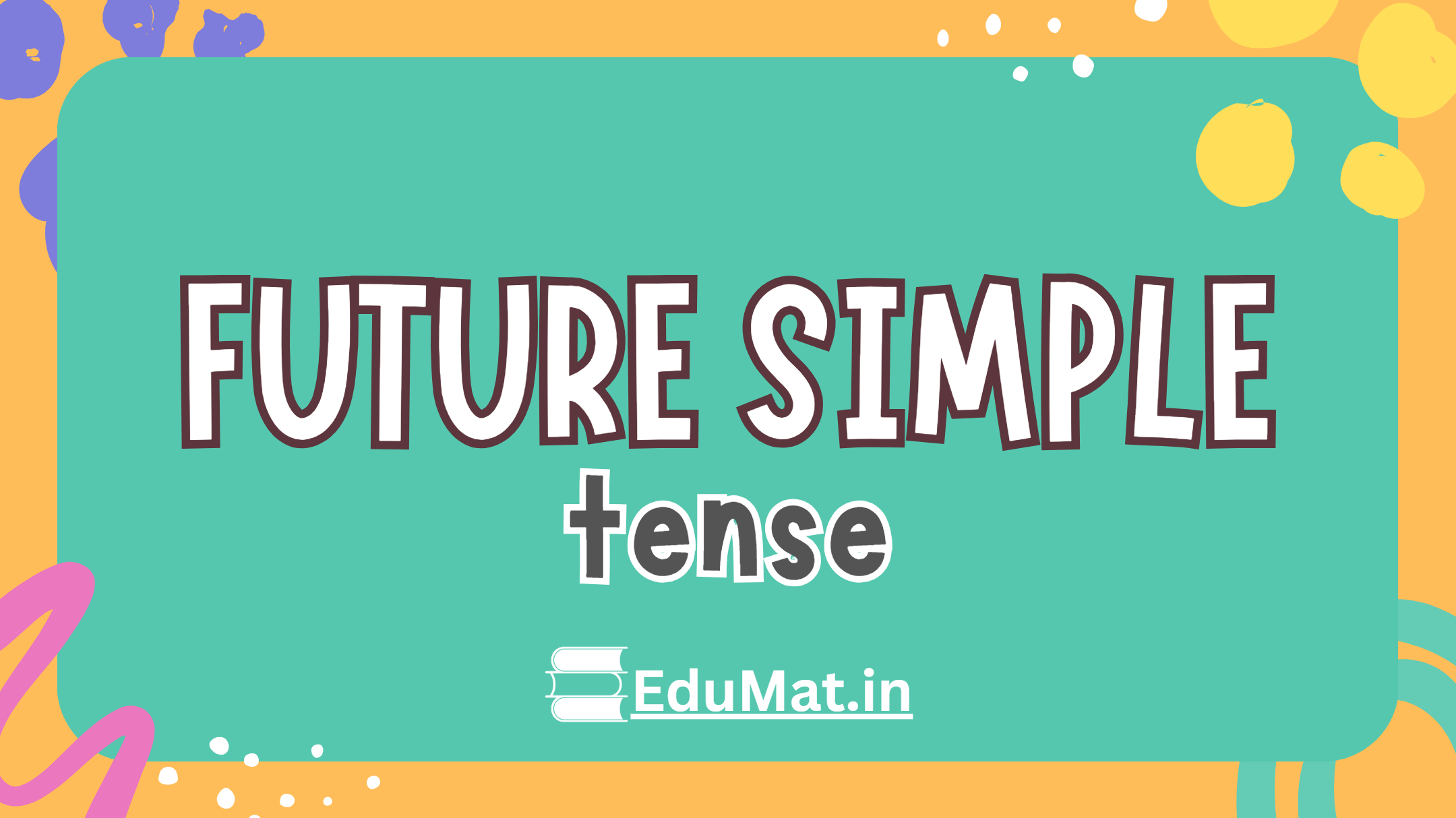


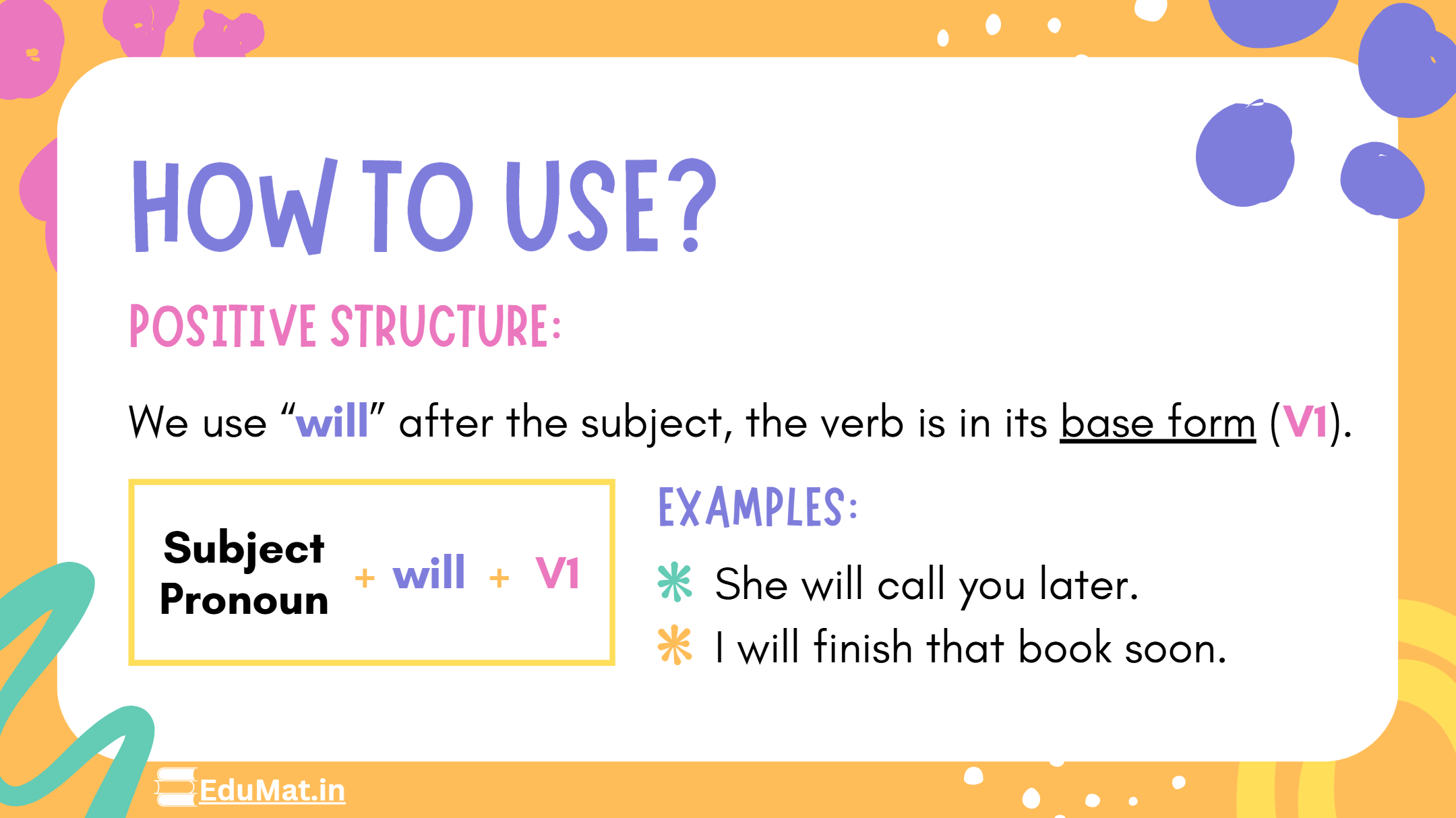

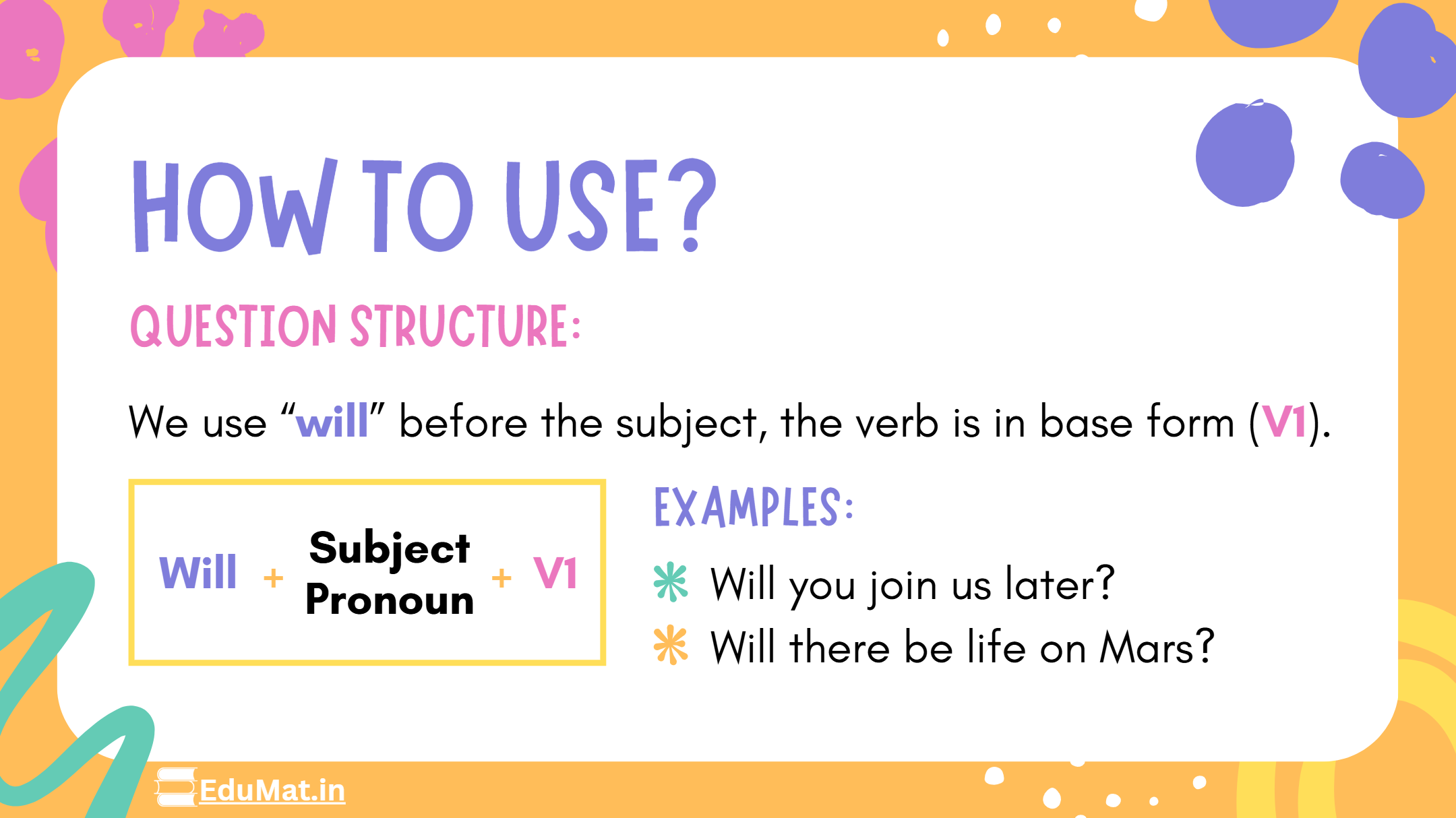
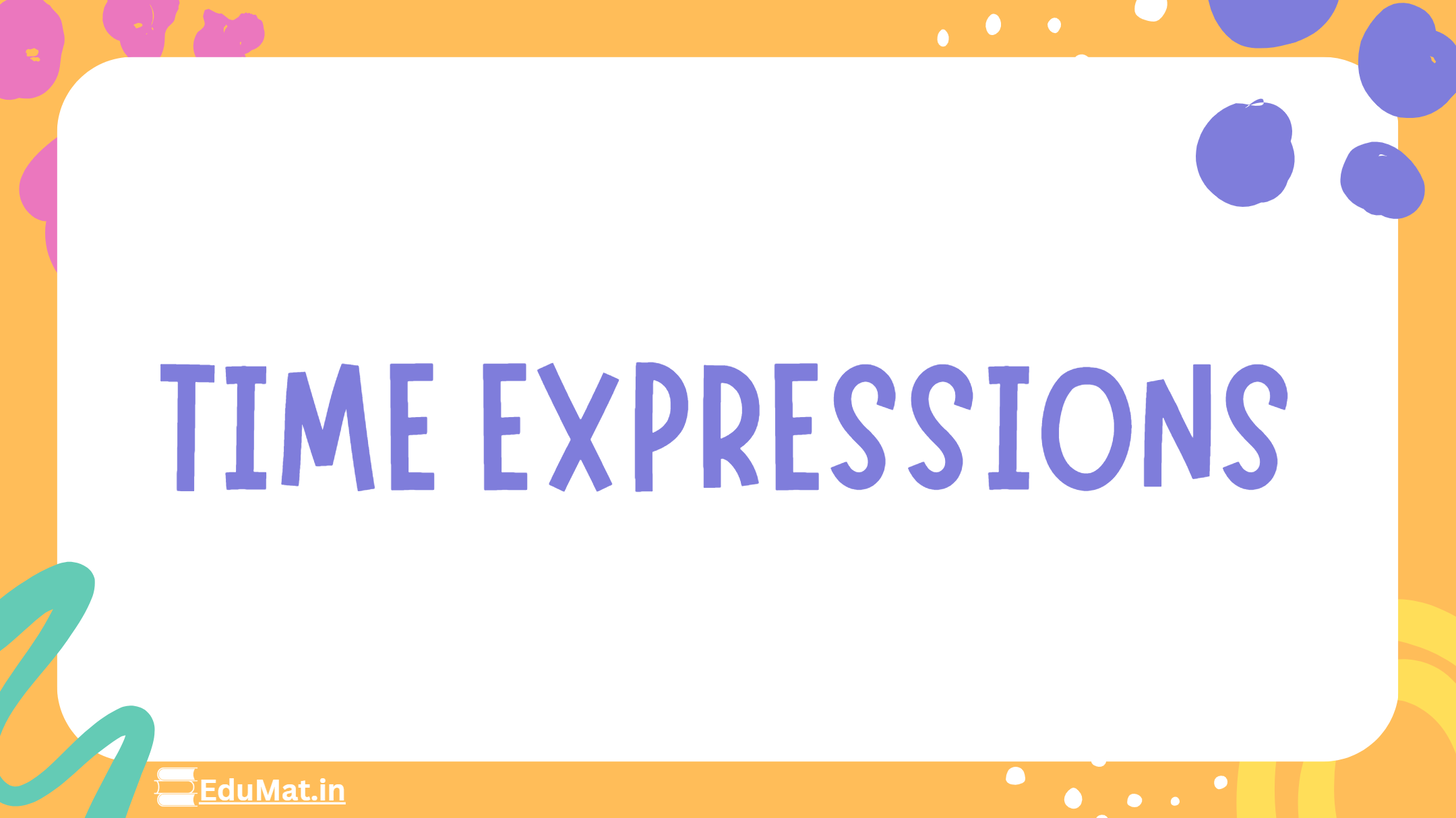
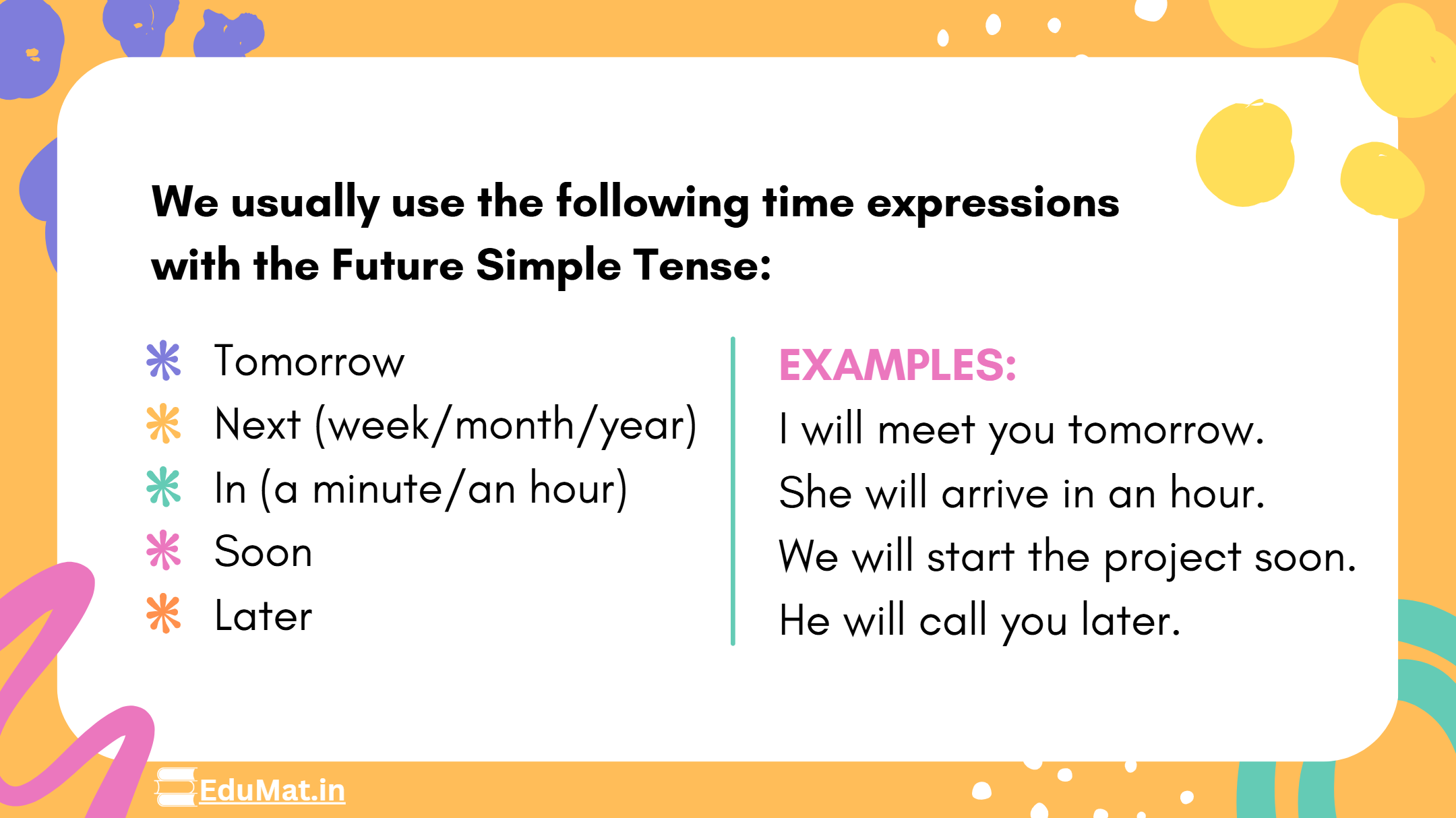
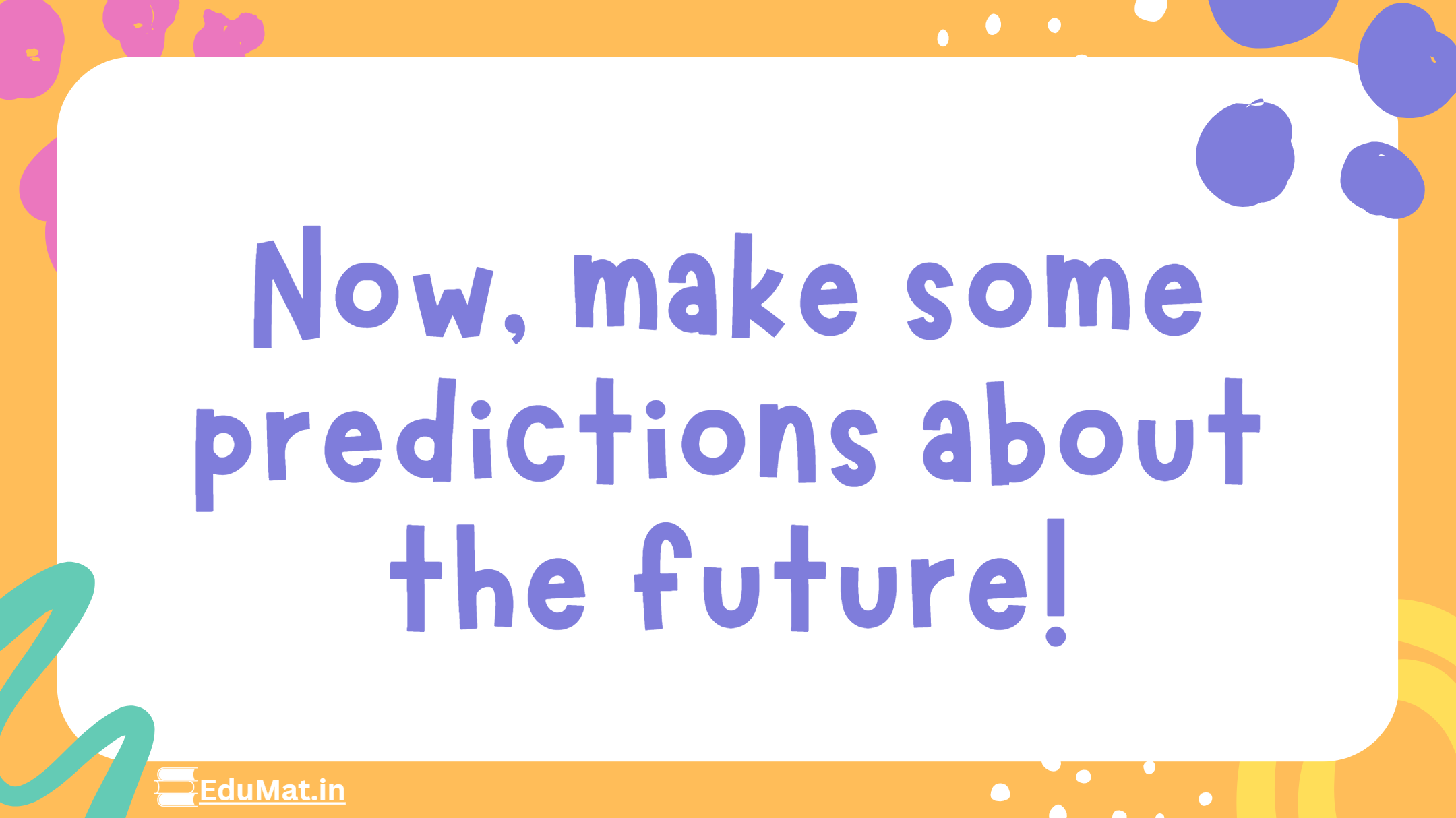
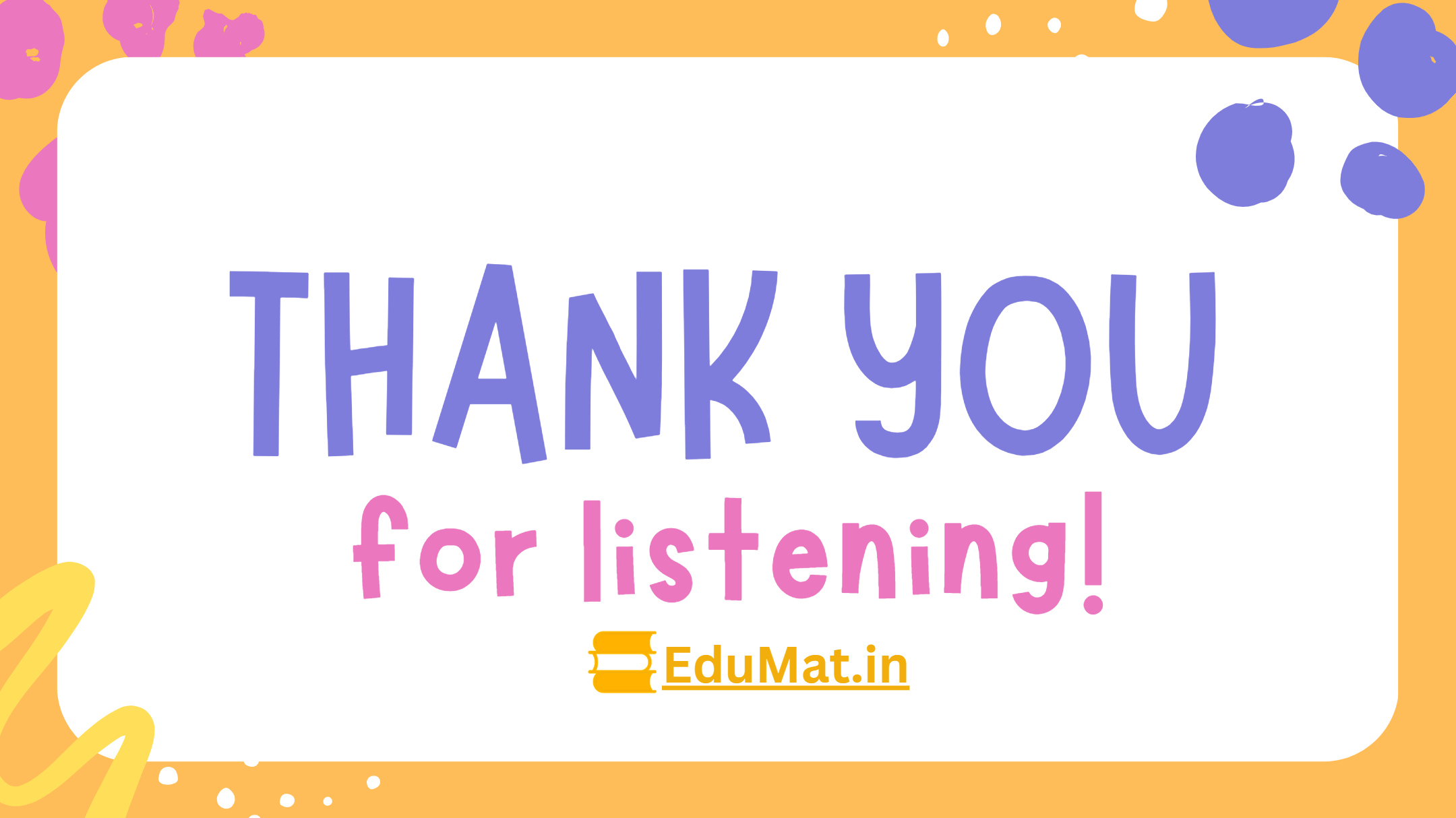
The Future Simple Tense is one of the most commonly used tenses in English, enabling us to express future actions, decisions, and predictions. Here's a detailed look at when and how to use it, with examples and structures to guide you.
When to Use the Future Simple Tense
The Future Simple Tense, formed with "will" and the base form of a verb, is used to:
- Express a Spontaneous Decision or Promise:
- Example: "I’ll help you with that."
- Predict or Speculate About Future Events:
- Example: "It will rain tomorrow."
- State Future Facts or Certainties:
- Example: "The sun will rise at 6 AM."
How to Use the Future Simple Tense
1. Positive Sentences
- Structure: Subject + will + Base Verb (V1)
- Examples:
- "She will call you later."
- "I will finish that book soon."
2. Negative Sentences
- Structure: Subject + won’t + Base Verb (V1)
- Examples:
- "He won’t attend the meeting."
- "She won’t be here on time."
3. Questions
- Structure: Will + Subject + Base Verb (V1)
- Examples:
- "Will you join us later?"
- "Will there be life on Mars?"
Common Time Expressions
The Future Simple Tense is often used with the following time expressions:
- Tomorrow
- Next (week/month/year)
- In (a minute/an hour)
- Soon
- Later
Examples Using Time Expressions
- "I will meet you tomorrow."
- "She will arrive in an hour."
- "We will start the project soon."
- "He will call you later."
Try It Yourself
Make some predictions about the future! What will happen tomorrow, next week, or in the coming year? Practice using "will" to improve your fluency and confidence with the Future Simple Tense.
For more educational content and helpful language tips, visit EduMat.in

